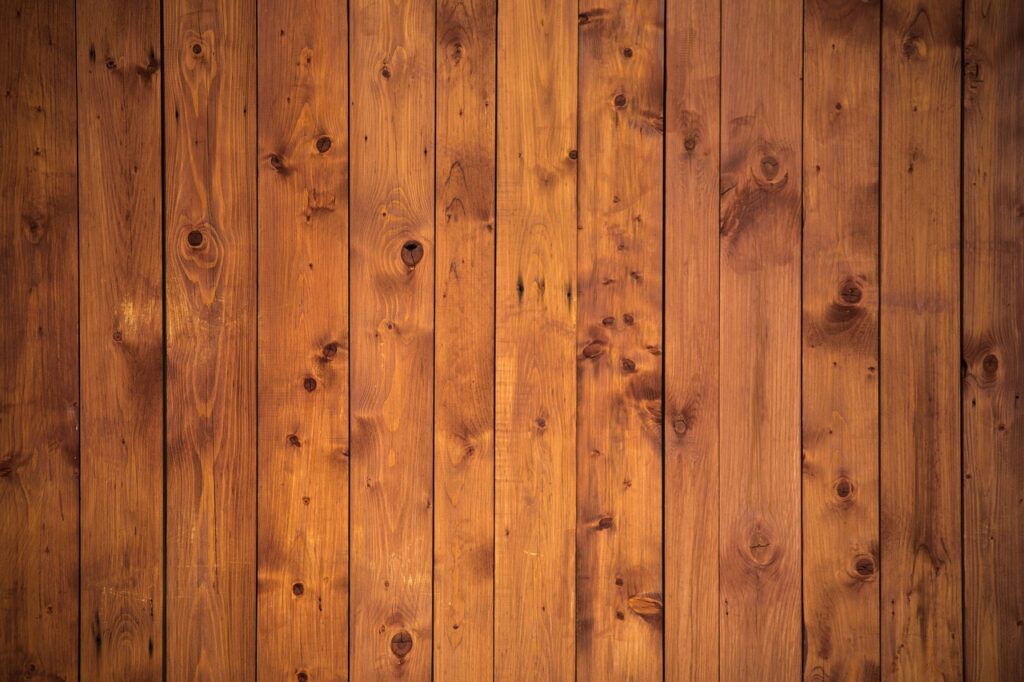If you want to have a homey atmosphere inside your metal barn, one of the best things to consider is revamping your floor. A new hardwood floor can give you that rustic ambience that your family and guests can appreciate.
And just how can you get a good deal on hardwood floors? Let the experts at Lion Barns teach you how.
Read on.
Know Your Hardwood Flooring Options
Choosing the right hardwood flooring begins with understanding the different construction types available on the market. Solid hardwood is crafted from a single piece of wood and is prized for its strength and ability to be refinished multiple times over the years. This type of flooring brings a timeless appeal and is well suited for areas with stable humidity. Engineered hardwood, on the other hand, is made with a real wood veneer on top and multiple layers of plywood beneath. This layered construction makes it more adaptable to moisture and temperature fluctuations, which is ideal for basements or homes in regions with changing climates. Evaluating the structural differences between solid and engineered hardwood is an important first step to finding the right match for your home and lifestyle.
Another critical factor to consider is the wood species. Popular domestic options like oak, maple, and hickory are widely used in American homes. Oak is not only durable but also abundant, making it a budget-friendly choice without sacrificing quality. Maple has a lighter, more refined grain that works well in modern or minimalist interiors, while hickory is known for its bold, natural patterns that lend a more rustic feel. Choosing between these species depends on your design goals and practical needs. Each offers unique visual characteristics and performance strengths that cater to different styles and foot traffic levels.
If you are looking for something more luxurious or distinctive, exotic hardwood species like Brazilian cherry, teak, or mahogany may catch your eye. These types offer rich colors and unique grains that stand out in any room, but they typically come with a higher price tag and may involve additional considerations such as sourcing and sustainability. Domestic wood species often provide a more economical and environmentally friendly alternative.
Understanding both domestic and exotic options allows you to make an informed decision that aligns with your taste, budget, and values. Exploring these hardwood flooring types and species in detail ensures you choose a floor that enhances your space while offering long-term value.
Setting a Realistic Budget
A good deal is not always about finding the lowest price. It is about getting the best value for your money. Start by measuring your space accurately so you know how much flooring material you need. Factor in additional expenses like underlayment, trims, and labor. Setting a detailed budget helps you avoid unexpected costs and makes it easier to compare quotes.
Do not forget to plan for a little extra material. Most professionals recommend ordering ten percent more than the actual square footage to account for cuts and waste. Including this in your budget from the beginning keeps you from running short mid-project.
Timing Your Purchase
Flooring prices can fluctuate based on the time of year. Many retailers offer discounts during late fall and early winter when demand tends to drop. Shopping during these off-peak seasons can yield significant savings. Also watch for holiday sales or clearance events that can help you secure a good deal.
If you are not in a hurry, take your time to monitor prices and wait for the right moment. Being flexible with your schedule gives you more negotiating power and opens up better purchasing opportunities.
Shopping Around and Comparing Quotes
One of the easiest ways to get a good deal is to compare multiple quotes. Visit different retailers and ask for itemized estimates. This not only gives you a sense of the average market rate but also highlights any potential hidden fees. Online reviews and recommendations from friends or neighbors can also guide you toward trustworthy suppliers.
Check both local flooring stores and big box retailers. Sometimes smaller shops offer better customer service and more personalized pricing. Do not hesitate to ask if they can match or beat a competitor’s offer. Many retailers are willing to negotiate to earn your business.
Exploring Alternative Sources
Salvage yards, building material auctions, and online marketplaces can be great sources for discounted hardwood flooring. These options require a bit more effort and research, but they can lead to significant savings. Look for overstocked items, discontinued styles, or customer returns that are still in good condition.
You might also find quality materials through contractors who have leftover stock from previous jobs. Establishing a relationship with a local installer or contractor can sometimes give you access to deals not available to the general public.
Understanding Installation Costs
Installation can represent a significant portion of your total flooring budget. Getting quotes from several installers ensures you get a competitive rate. Always ask for detailed breakdowns of labor, materials, and any extra charges such as furniture moving or subfloor preparation.
Some retailers offer discounts on installation if you purchase materials from them. This can simplify the process and save money. Just make sure their installers are experienced and come with solid references.
If you are comfortable with DIY projects, installing the floor yourself can drastically reduce costs. However, hardwood installation requires specific tools and skills. Mistakes can be costly and time-consuming to fix, so weigh the risks before committing.
Checking Warranties and Return Policies
A low price is not a good deal if the product is poor quality or cannot be returned. Always check the warranty terms and return policies before making a purchase. A solid warranty gives you peace of mind and protects your investment.
Reputable manufacturers usually offer warranties that cover structural integrity and finish wear for several years. Make sure you understand what is included and what is not. Keep all receipts and documentation in case you need to make a claim in the future.
Negotiating Like a Pro
Negotiation is not just for car buying. Many flooring retailers are open to discussion, especially on larger purchases. Be polite but firm when asking for a better price or added value like free delivery or underlayment.
Let them know you are comparing other quotes. This can often prompt a better offer. If a store cannot lower the price, they might throw in extras that still save you money. Be prepared to walk away if the deal does not meet your expectations.
Taking Advantage of Financing Options
Spreading out payments through financing can make a new floor more affordable. Many retailers offer zero interest financing for a set period. This allows you to manage cash flow without incurring extra costs.
Read the fine print carefully. Make sure you understand payment schedules and penalties. Late fees or high interest after the promotional period can erase any initial savings. Only take on financing if you are confident you can meet the terms.
Understanding Long Term Value
The true value of your hardwood floor goes beyond the upfront cost. Consider how long the floor will last and how much it will add to your property value. Hardwood is a durable and attractive flooring option that appeals to homebuyers and can increase resale value.
Maintenance costs should also be considered. Some finishes require more upkeep than others. A slightly more expensive product with lower maintenance needs may save money in the long run. Prioritize quality and durability when evaluating your options.
Final Tips for Getting a Great Deal
Stay patient and informed throughout the process. The more you know, the more confidently you can make decisions. Take your time researching and do not rush into a purchase. Quality flooring is an investment that will impact your home for years to come.
Seek advice from professionals, read customer reviews, and visit showrooms to see materials in person. Trust your instincts and make sure the deal feels right before you commit. A little extra effort upfront can lead to big rewards down the line.
With careful planning and smart shopping, getting a good deal on a new hardwood floor is entirely possible. Balance price, quality, and service to find the best fit for your needs and your budget.

